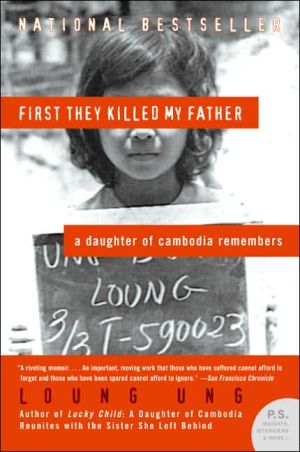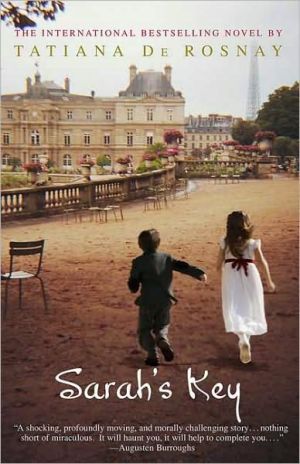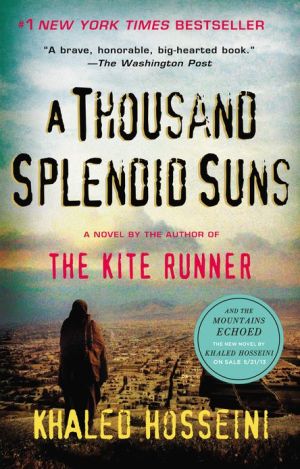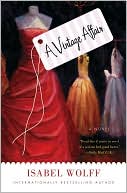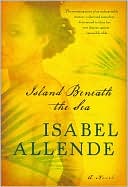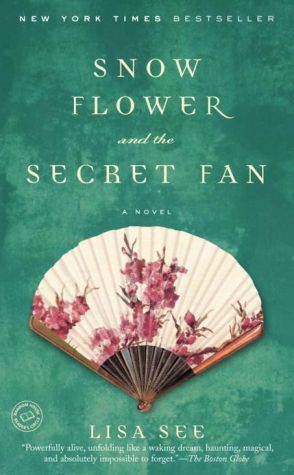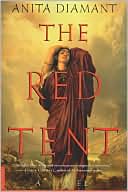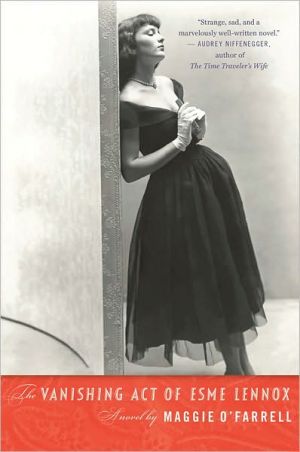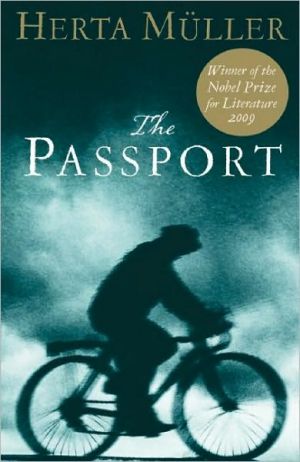First They Killed My Father: A Daughter of Cambodia Remembers
One of seven children of a high-ranking government official, Loung Ung lived a privileged life in the Cambodian capital of Phnom Penh until the age of five. Then, in April 1975, Pol Pot's Khmer Rouge army stormed into the city, forcing Ung's family to flee and, eventually, to disperse. Loung was trained as a child soldier in a work camp for orphans, her siblings were sent to labor camps, and those who survived the horrors would not be reunited until the Khmer Rouge was destroyed.\ Harrowing...
Search in google:
From a childhood survivor of Cambodia's brutal Pol Pot regime comes an unforgettable narrative of war crimes and desperate actions, the unnerving strength of a small girl and her family, and their triumph of spirit. Until the age of five, Lounge Ung lived in Phnom Penh, one of seven children of a high-ranking government official. She was a precocious child who loved the open city markets, fried crickets, chicken fights, and sassing her parents. While her beautiful mother worried that Loung was a troublemaker--that she stomped around like a thirsty cow--her beloved father knew Lounge was a clever girl. When Pol Pot's Khmer Rouge army stormed into Phnom Penh in April 1975, Ung's family fled their home and moved from village to village to hide their identity, their education, their former life of privilege. Eventually, the family dispersed in order to survive. Because Lounge was resilient and determined, she was trained as a child soldier in a work camp for orphans, while other siblings were sent to labor camps. As the Vietnamese penetrated Cambodia, destroying the Khmer Rouge, Loung and her surviving siblings were slowly reunited. Bolstered by the shocking bravery of one brother, the vision of the others--and sustained be her sister's gentle kindness amid brutality--Loung forged on to create for herself a courageous new life.San Francisco ChronicleA riveting memoir...an important, moving work that those who have suffered cannot afford to forget and those who have been spared cannot afford to ignore.
phnom penh\ April 1975
Author's NoteixPhnom Penh April 19751The Ung Family April 19757Takeover April 17, 197517Evacuation April 197523Seven-Day Walk April 197528Krang Truop April 197538Waiting Station July 197544Anlungthmor July 197550Ro Leap November 197556Labor Camps January 197669New Year's April 197679Keav August 197693Pa December 1976101Ma's Little Monkey April 1977113Leaving Home May 1977120Child Soldiers August 1977129Gold for Chicken November 1977144The Last Gathering May 1978151The Walls Crumble November 1978158The Youn Invasion January 1979165The First Foster Family January 1979175Flying Bullets February 1979184Khmer Rouge Attack February 1979195The Execution March 1979203Back to Bat Deng April 1979209From Cambodia to Vietnam October 1979218Lam Sing Refugee Camp February 1980228Epilogue235Acknowledgments239Resources241
\ New York Times[Ung] tells her stories straightforwardly, vividly, and without any strenuous effort to explicate their importance, allowing the stories themselves to create their own impact.\ \ \ \ \ San Francisco ChronicleA riveting memoir...an important, moving work that those who have suffered cannot afford to forget and those who have been spared cannot afford to ignore.\ \ \ Library JournalIn this "Age of Holocaust," Ung's memoir of her childhood in Pol Pot's Cambodia offers a haunting parallel to the writings of Anne Frank in the Europe of Adolf Hitler. A precocious, sparkling youngster, Ung was driven from Phnom Penh in April 1975 to relatives in the countryside, then to Khmer Rouge work camps. Here she recalls her fear, hunger, emotional pain, and loneliness as her parents and a sister were murdered and another sister died from disease. By the 1979 freeing of Cambodia by Vietnamese troops, she was a hardened, vengeful nine year old. Although written nearly 20 years later, this painful narrative retains an undeniable sense of immediacy. The childlike memories are adroitly placed in a greater context through older family members' descriptions of the political and social milieu. Recommended for public and academic libraries. [Previewed in Prepub Alert, LJ 9/15/99.]--John F. Riddick, Central Michigan Univ. Lib., Mt. Pleasant Copyright 2000 Cahners Business Information.\ \ \ \ \ School Library JournalYA-Ung was a headstrong, clever child who was a delight to her father, a high-ranking government official in Phnom Penh. She was only five when the Khmer Rouge stormed the city and her family was forced to flee. They sought refuge in various camps, hiding their wealth and education, always on the move and ever fearful of being betrayed. After 20 months, Ung's father was taken away, never to be seen again. Her story of starvation, forced labor, beatings, attempted rape, separations, and the deaths of her family members is one of horror and brutality. The first-person account of Cambodia under the reign of Pol Pot will be read not only for research papers but also as a tribute to a human spirit that never gave up. YAs will applaud Ung's courage and strength.-Katherine Fitch, Rachel Carson Middle School, Fairfax, VA Copyright 2000 Cahners Business Information.\|\ \ \ \ \ BernsteinDuring the three years that the Khmer Rouge tried to create an agrarian utopia in Cambodia, two million people are believed to have died from execution, starvation and disease. Two million -- a horrifying number, but so large as to seem almost an abstraction, like the distance to the nearest star. The number gains far greater psychological force with [this] new memoirs, whose author, a young girl in the Cambodia of the time, describes the terror and losses she suffered during the Khmer Rouge revolution in wrenchingly particular terms... [Ung] tells her stories straightforwardly, vividly, and without any strenuous effort to explicate their importance, allowing the stories themselves to create their own impact.\ —The New York Times\ \ \ \ \ From the Publisher"Ung's memoir should serve as a reminder that some history is best not left just to historians but to those left standing when the terror ends." —-Booklist\ \
